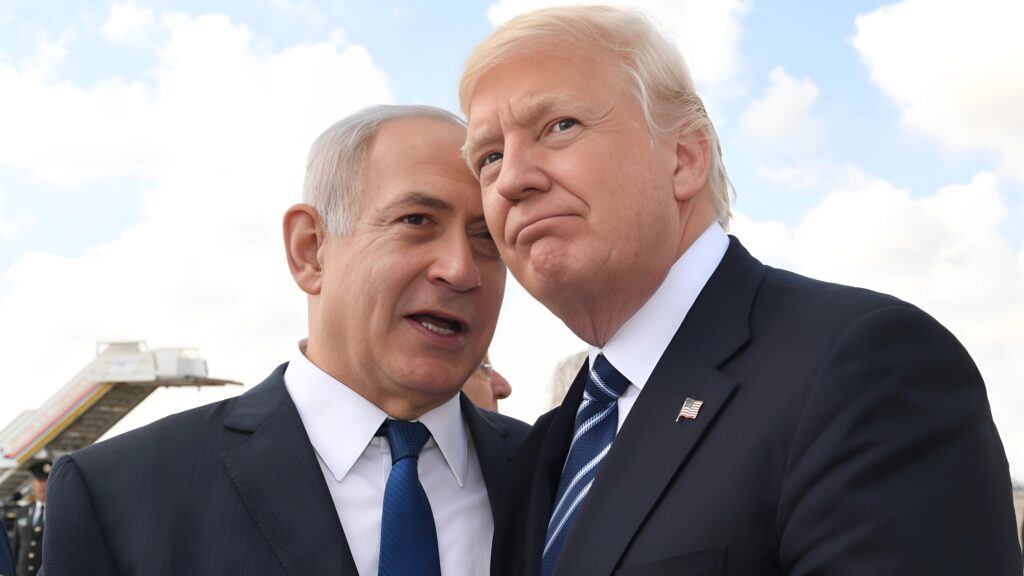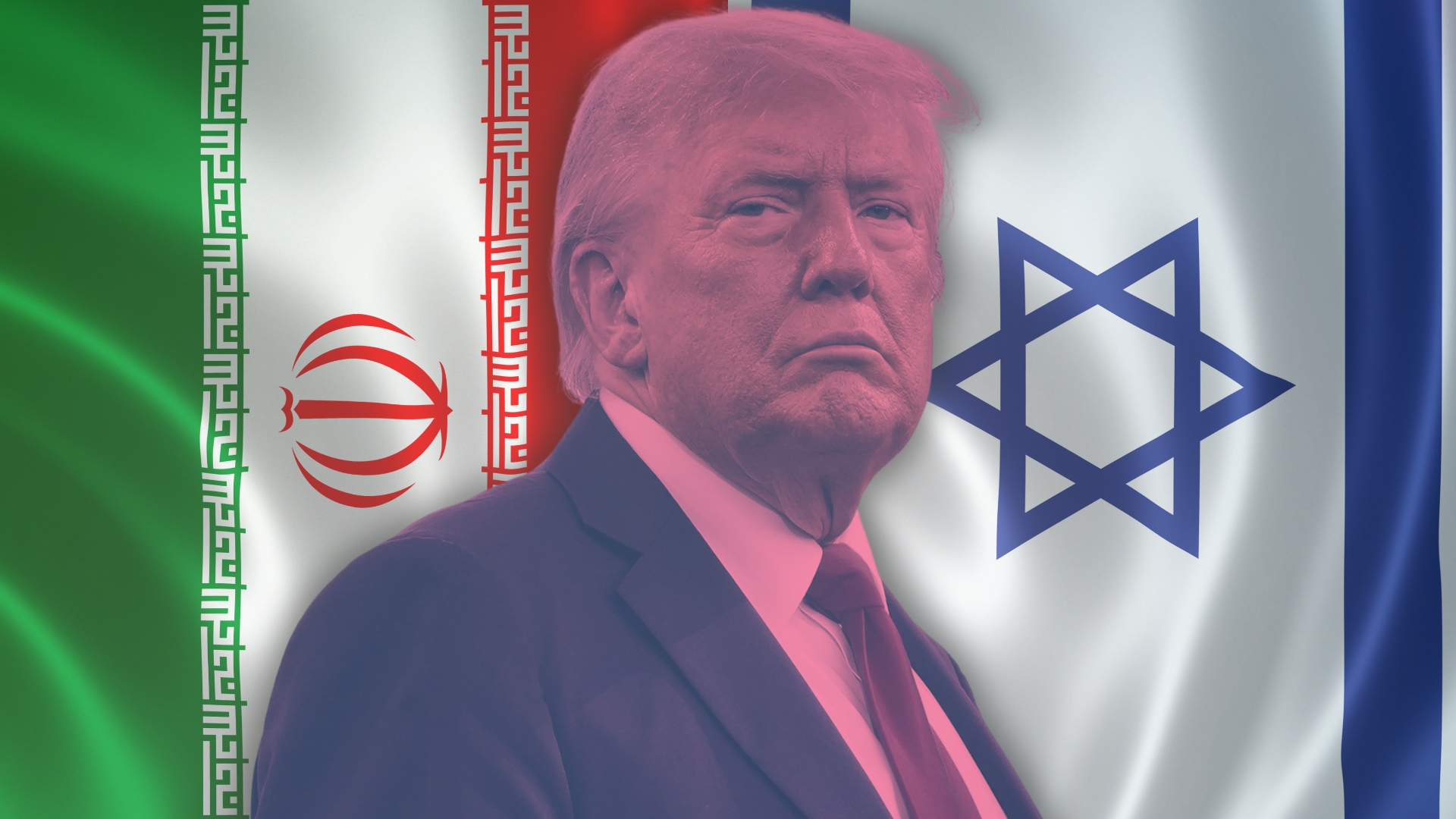The Israel-Iran conflict has drawn global attention, yet its impact on financial markets is likely to remain limited. As a localized, regional issue, this conflict is expected to cause short-term volatility in specific sectors but not significantly disrupt the broader market. Below, we examine the market’s response and the sectors that may experience fluctuations, while noting broader trends that are likely to hold greater sway over investor portfolios.

Market Response: Resilience
Global markets have had a muted reaction to the conflict, with the S&P 500 down just ~1% as of June 17. European and Asia-Pacific markets have maintained gains, and Middle Eastern indexes, such as the Tel Aviv 35, even rose ~1%. This response reflects expectations that the conflict will remain contained, with limited risk of significant escalation. Oil prices have seen some movement, with Brent crude up 4.4% to $76.45 per barrel on June 17. However, US and OPEC+ spare capacity, particularly from Saudi Arabia, is likely to offset any supply disruptions, limiting price spikes in the medium to long term.
Sectors to Watch
The conflict’s market impact is likely to be confined to a few sectors, with effects mostly expected to be short-lived:
- Energy Sector
Energy companies may face temporary volatility due to oil price fluctuations. The S&P 500 energy sector index gained 2% recently. However, with OPEC+ and U.S. spare capacity able to compensate for potential Iranian supply losses within weeks, significant or sustained price increases are unlikely. - Defense Sector
The defense industry could see short-term gains if the conflict expands, though any long-term impact seems improbable at this point given the low appetite for major escalation from the current U.S. administration and with China and Russia steering away from it. Nevertheless, the defense industry will be the most exposed to how events unfold over the next few weeks. - Israel-Exposed Companies
Publicly traded companies based in or with significant exposure to Israel are likely to experience temporary volatility given the fluidity of events, but long-term impacts are hard to ascertain. Until the dust clears, many investors are likely to hold or even try to profit from the volatility.

Broader Context: Other Drivers Matter More
While the conflict dominates headlines, its influence on financial markets pales compared to other factors. Developments in AI, the tax bill in the works in Washington, regulatory changes, and ongoing trade negotiations are far more likely to shape market trajectories. For most investors, this regional conflict should not necessitate changes to long-term investment plans.
Risks to Monitor
The primary risk lies in a potential disruption to the Strait of Hormuz, through which 20 million barrels of oil flow daily. Nevertheless, any development there is expected to be swiftly addressed by U.S. and European military forces to normalize trade. Investors seem to recognize this, as safe-haven assets like the U.S. dollar, are only up 1% against the yen and Swiss franc since June 12.
Our Edge: Clarity Amid the Noise
En Handal Dunaway, we excel at separating market trends from geopolitical noise. By focusing on what truly drives returns—whether macroeconomic trends or sector-specific dynamics—we ensure our clients’ portfolios remain resilient. Our real-time market intelligence and disciplined approach position us to navigate fleeting volatility, keeping your wealth on a steady path in an unpredictable world.







